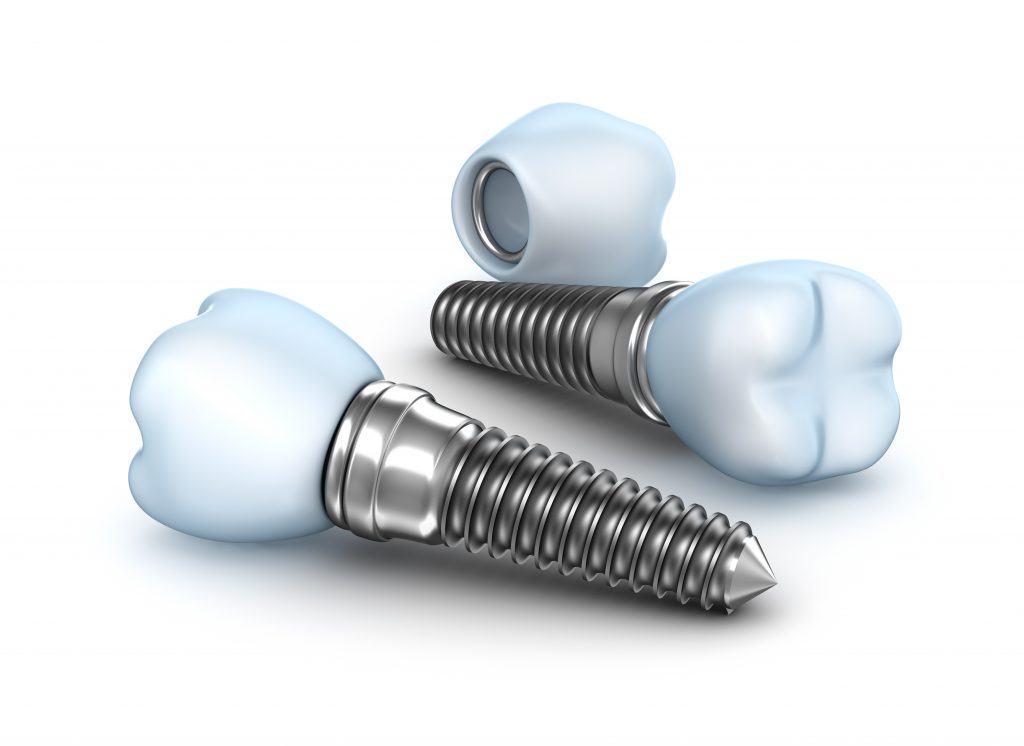
The good news is that dental implants boast an initial success rate of more than 95%, and most patients continue to enjoy their restored teeth for many decades. But then there are the other 5% that fail. The most common cause of dental implant failure is an infection called peri-implantitis, when harmful bacteria invade the tissue around an implant, destroying the implant’s base of support. Poor oral hygiene is usually the reason for peri-implantitis, but genetics and other factors can also play a role.
Other possible causes of dental implant failure include:
- Failed osseointegration (the implant never properly bonds with the surrounding bone)
- Medical conditions that interfere with the body’s ability to heal
- Physical trauma
- The use of tobacco or other substances that are detrimental to oral health
- Peri-implantitis, a common cause of dental implant failure
Dental implant failure can happen at two different points – after the implant is placed and after the surgery, even decades after. The symptoms are similar and include:
- Some discomfort is to be expected after your initial surgery, but unusual pain or pain that suddenly occurs after you have had your implants for a while are big red flags.
- Swelling, bleeding, and other signs of infection. Even if these symptoms are relatively mild, it would be wise to seek professional help.
- An implant feels loose. In some cases, this just means that your restoration needs to be repaired. In other cases, it indicates that the implant itself or the surrounding tissue is damaged.
When you visit us, we will examine your mouth and take some X-Rays to gain an understanding of what is happening, then discuss a treatment plan.
For more information about dental implants failure, call Dr. Ladani in Schnecksville, PA at 610-799-0600 or visit www.extraordinarysmiles.net.
Dr. Sandip Ladani proudly serve patients from Schnecksville and all surrounding areas.
